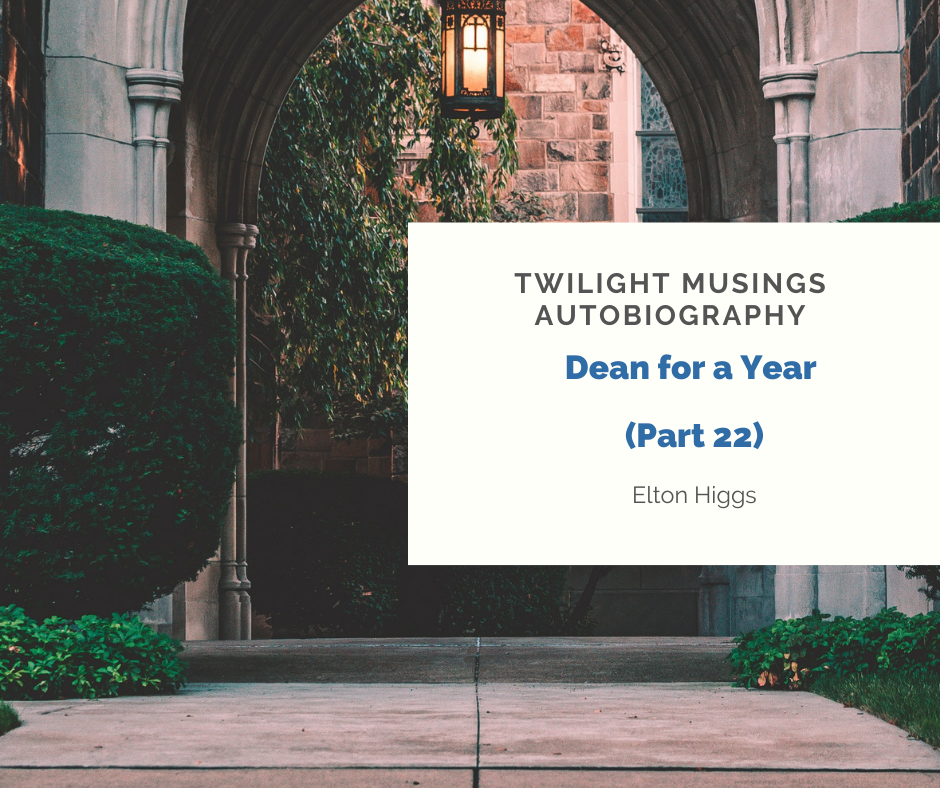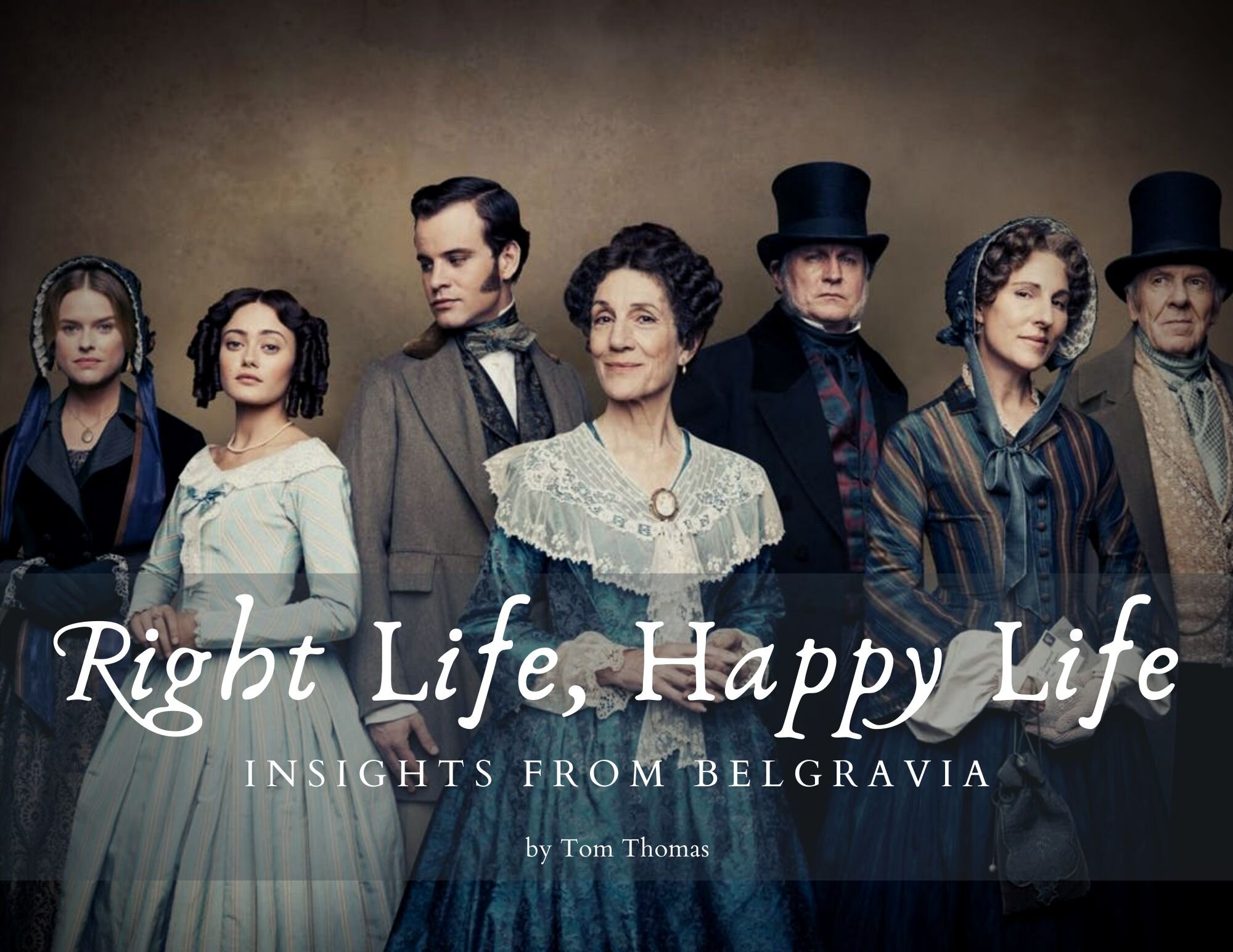Response #1 to Why I Left, Why I Stayed, by Tony and Bart Campolo
/The name Tony Campolo invokes quite a bit of nostalgia for me. Like many church kids, I grew up watching the animated Christian sociologist/evangelist, always struck by his humor and energy, his insight and erudition. While attending Asbury Theological Seminary in the late 1980’s and early 1990’s, a friend and I read several of his books together, each in turn, taking the time to discuss them together as we did. Occasionally we may have balked a bit at some of what we read, a rhetorical flourish, something a tad hyperbolic here, a hint of needless iconoclasm there; but for the most part we enjoyed his passion, personality, and prodigious gifts a great deal.
This made it all the more fun when we were able to see him speak in person outside Lexington, Kentucky before I left that area for good. If memory serves, he spoke in the same church where my seminary graduation would be held pretty soon thereafter. I still remember how he effortlessly held the capacity crowd in his hand on the day he spoke. His charisma was contagious, and I distinctly remember thinking that if he misused his considerable gifts he could do real damage. I have often said that he’s one of the three most gifted communicators I have ever seen (along with James Robison and Tom Morris).
It has been some years now since I have read any of his work, but I recently purchased his latest book because the topic was irresistible. His son Bart has lost his faith, after having served in ministry for many years. And the evangelical father and humanist son have written a book together, called Why I Left, Why I Stayed, a friendly conversation on the topic of Christianity published by HarperOne. I had had an interest in the book for a while, and finally ordered it, then read it through pretty quickly.
As I read the engaging and irenic dialogue, it spurred a lot of interest within me and served as fodder for a good deal of reflection. So the thought occurred it might be worth the trouble to blog a bit about each of the chapters. Tony and Bart take turns writing chapters, so the first chapter is by Tony, the second by Bart, and so on. In subsequent posts I will take each chapter in turn and discuss its contents, sharing some of my own reflections the chapter inspired as we go.
The nature of their close relationship makes for compelling reading. So often it’s hard for people of diametrically opposed worldviews to remain civil while discussing their deep differences. Tony and Bart are determined to do so because of their long and close familial relationship, and because it’s important to find good models of such difficult conversations, it’s worth considering for that reason alone. As the culture wars have ramped up, suspicions of those with whom we disagree have elevated to often alarming levels, exacerbating and intensifying the chasms and divides between those with conflicting perspectives. The casualty of such tensions is often substantive dialogue, which is a real shame. This book can help serve as a partial corrective to this lamentable state of affairs and a better way forward.
As the Preface notes, the Campolos are not unusual; many Christian parents are struggling, both emotionally and spiritually, because their children have left the Christian faith. So often the result is one of tension, acrimony, and alienation, and they hope to show a better way. “Hopefully,” they jointly write, “this book models a graceful way to process what has become an increasingly common crisis, while also serving as a safe forum for those struggling with doubts and questions about the Christian faith.” They aim to heed the apostle Paul’s advice to be kind, tender-hearted, and forgiving to one another, and this is laudable indeed.
The poignant Foreword to the book was written by Peggy Campolo, husband to Tony and mother to Bart. Although she’s heartbroken that Bart has lost his faith, she’s also proud of him for being authentic and transparent about his convictions, especially in light of the painful price they have exacted. She retains the belief that God is still involved in Bart’s life, just as God was, by her own admission, at work within her for a long time before she realized it.
One last preliminary: I am intrigued by the more social scientific tenor of much of the conversation. Tony has a PhD in and a career teaching sociology, and he often brings to bear insights from a range of thinkers—from Durkheim to Heidegger, from Freud to Maslow—with whom I don’t interact very much. This adds a texture and richness to the conversation I find enjoyable and enlightening. Obviously, I cannot help but reflect on what they talk about from my own background and professional training in analytic philosophy, but I think the resulting interdisciplinary nature of the conversation should prove both interesting and illuminative.
If folks decide to read along, I might suggest you get a copy of their book and read each chapter with me as I go along. Doing so would probably enhance your enjoyment and ability to add to the conversation.
































































































